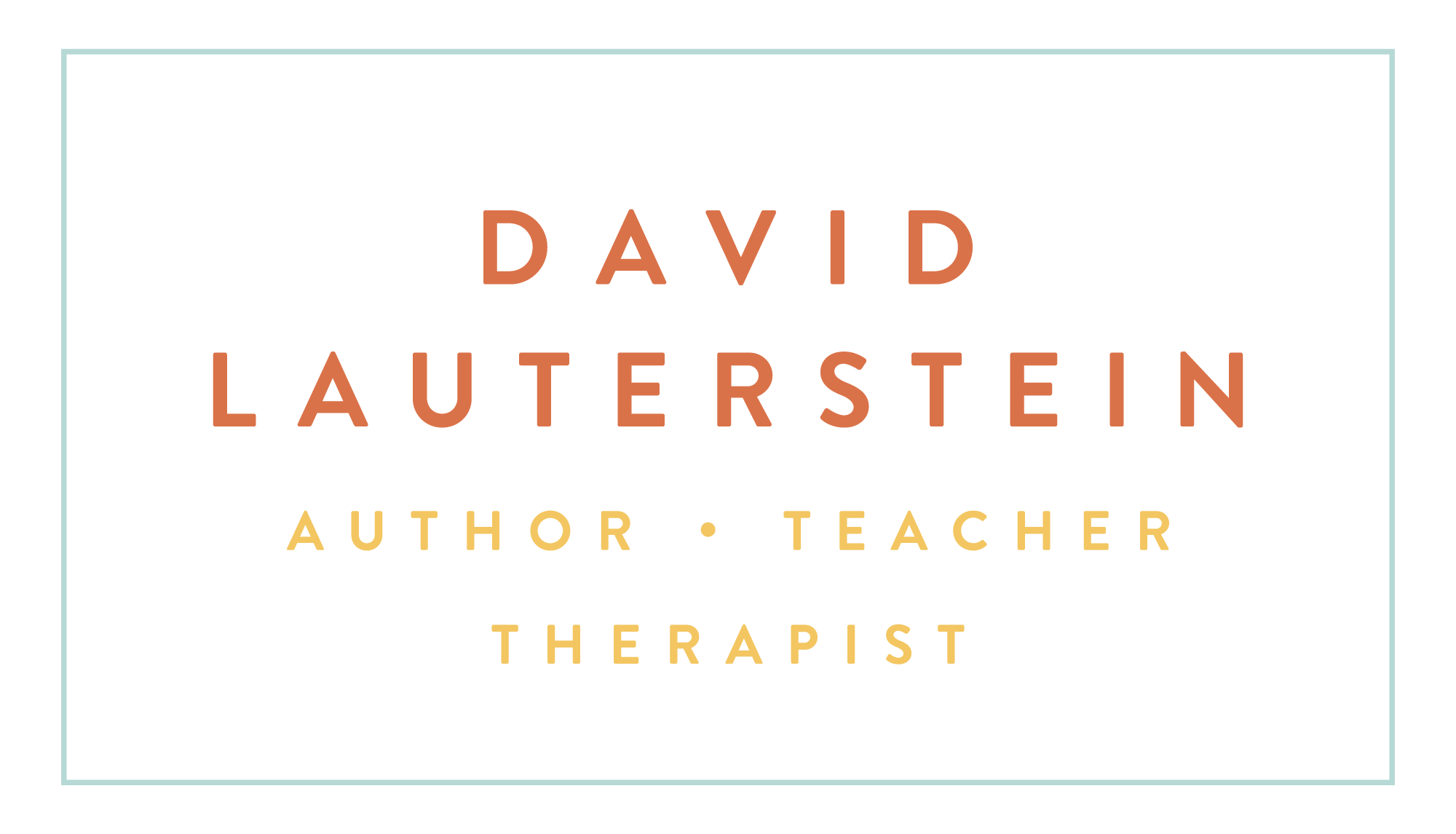HUMAN LIFE AS SCIENCE AND FICTION
"All descriptions of reality are limited expressions of the world of emptiness. Yet we attach to the descriptions and think they are reality. That is a mistake."- Shunryu Suzuki
We are flesh. We are animals. We are living structures. We are in fact alive. It’s a scientific fact – we’re alive, sensate beings. Yet we also tell stories, sing songs, imagine futures and pasts – and these are not facts. We have the awkward privilege of making things up. That’s actually all we can do since “objective” truth is not really available to us – everyone sees every thing, every event, a little differently. It is only our ideas, our subjective experience of life, that is present for us. We have our languages, our symbols, our rituals. So it seems all we can do is tell ourselves stories about what’s real, hoping our stories carry enough of the truth that we can navigate our ways through life.
We are a unique combination of science and fiction. Every bone then carries some of this truth, as every note carries some of our music, every word some of our poetry. This leads to both the heroic and the tragic character of human life. We have the ability to think about what we experience and what happens, but over that we have limited control; we know that we cannot definitively know the truth – what’s out there. We can’t know it; we can’t control it. It’s like we have sight but within the larger darkness of all we can’t see.
So by the smaller campfires of our mind, we gather, tell our stories, sing our songs; we make our paintings on the cave walls of our minds. Gathering, we connect with our fellow beings in the darkness. We light upon, walk upon, these worlds that are apparently real, but also imaginary.
This makes human life science fiction. That is why we need to have only a gentle attachment what we think is so. Why when we die, we are sacrificing in a sense just a world we imagine, yet also the only one we come close to knowing. But we tell our stories.
Science would tell us when we pass we are made of the same stuff, just arranged differently, but the fiction seems to end there. And so, when we get to the end, we say, “That’s all she wrote.”

